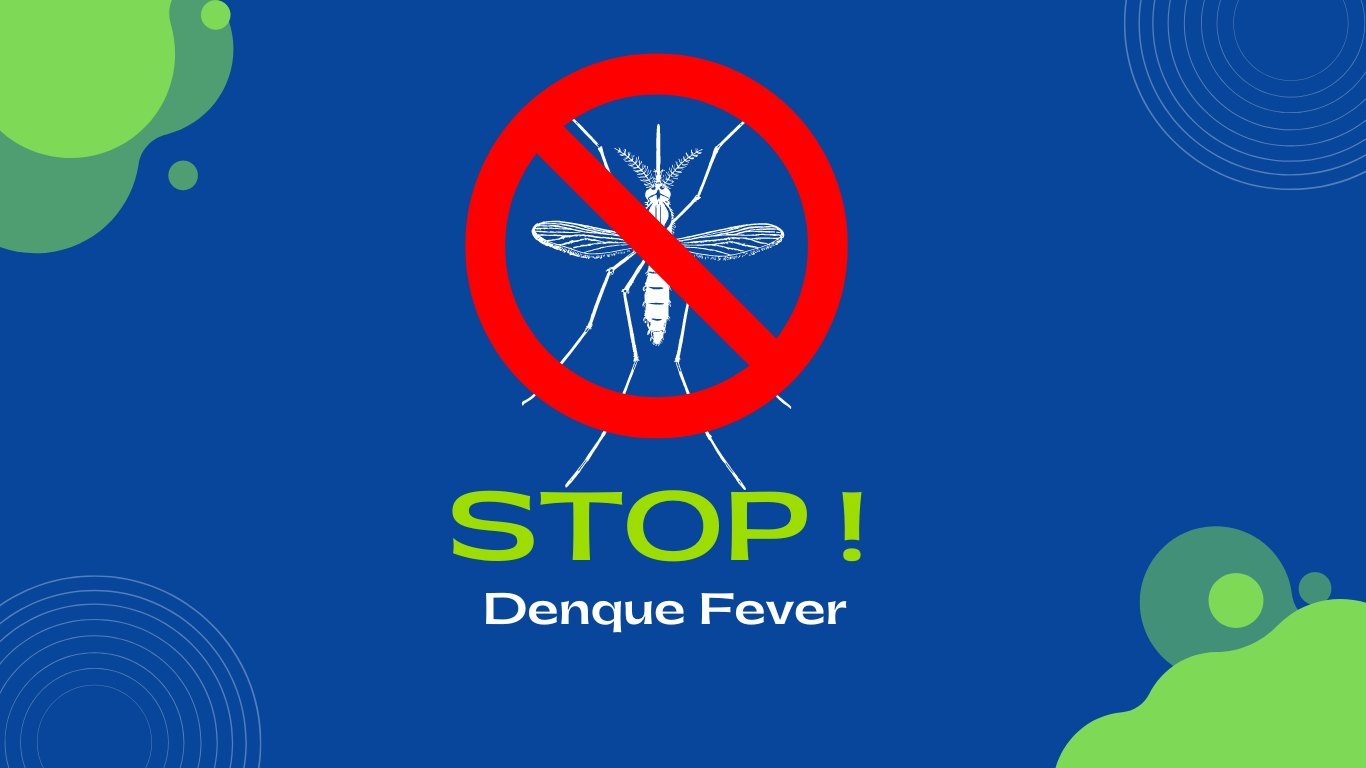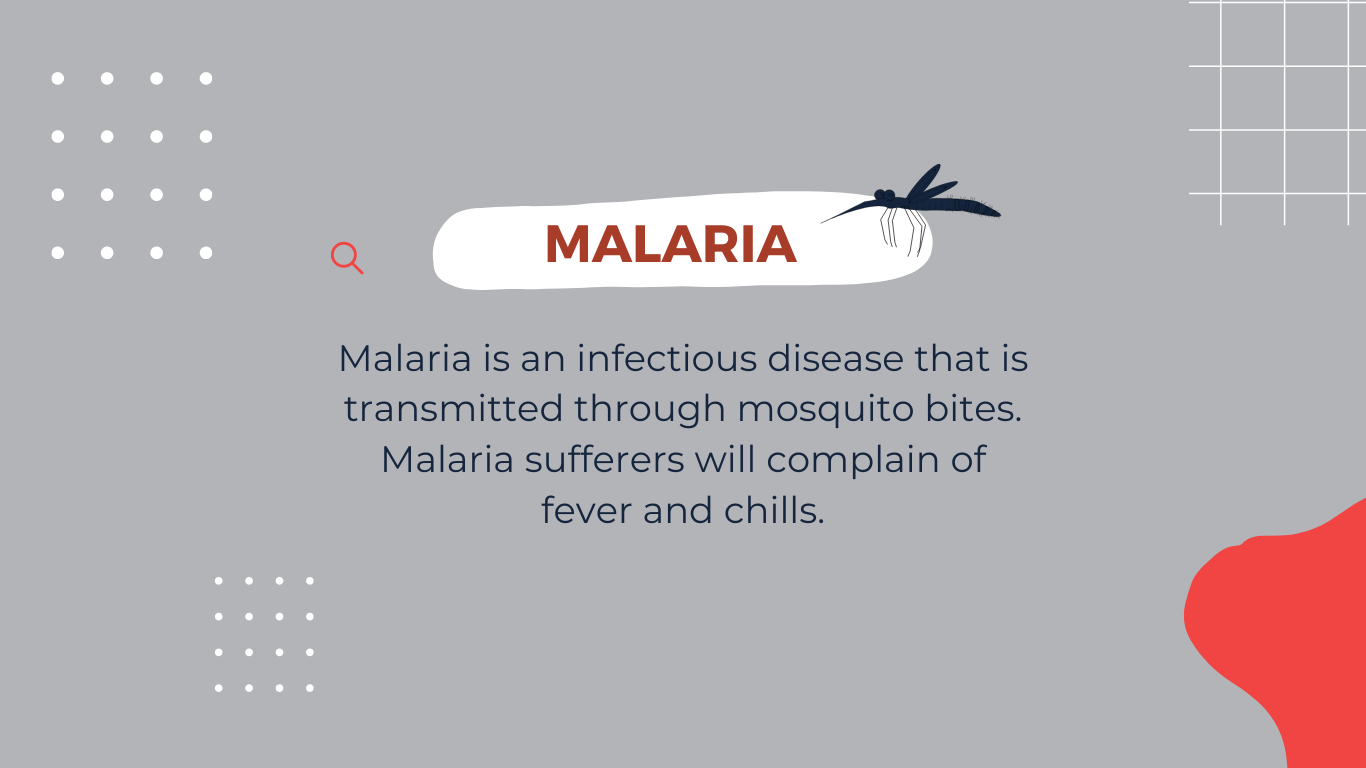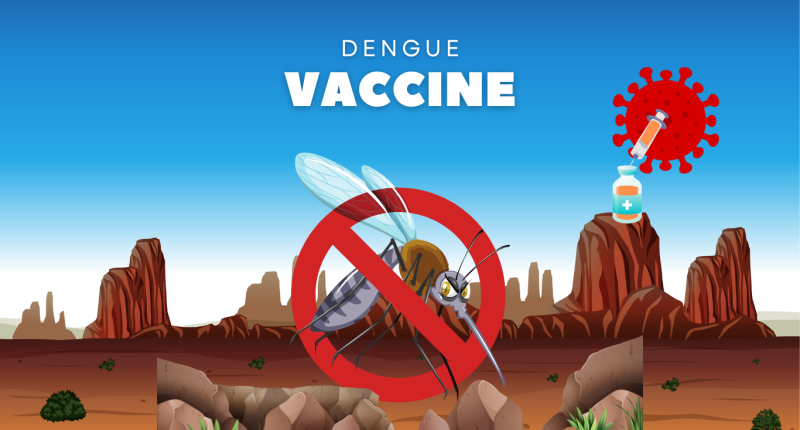The initiation of phase 3 clinical trials for India’s first indigenous dengue vaccine, DengiAll, marks a significant milestone in the global fight against dengue fever. Developed by Panacea Biotec in collaboration with the Indian Council of Medical Research (ICMR), this vaccine aims to provide a comprehensive solution to a disease that poses a major public health threat in India and around the world.

Overview of the Clinical Trials
The phase 3 clinical trial began on August 14, 2024, with the first participant vaccinated at the Pandit Bhagwat Dayal Sharma Post Graduate Institute of Medical Sciences in Rohtak, Haryana. This extensive trial will involve over 10,335 healthy adult participants across 19 sites in 18 states and Union Territories in India, with a follow-up period extending up to two years.
The DengiAll vaccine is a tetravalent formulation, designed to protect against all four serotypes of the dengue virus (DENV-1, DENV-2, DENV-3, and DENV-4), which are known to circulate in India. The complexity of developing an effective vaccine lies in achieving good efficacy across these serotypes, as previous vaccines have struggled with cross-protection.
Significance of the Vaccine
Dengue fever is a rapidly spreading mosquito-borne viral infection, with the World Health Organization (WHO) reporting that more than 129 countries had cases of dengue by the end of 2023. In India, the disease has seen a sharp rise in incidence, ranking among the top 30 countries with the highest rates of infection. Approximately 75-80% of dengue infections are asymptomatic, yet these individuals can transmit the virus, complicating control efforts.
The DengiAll vaccine’s development is particularly crucial as there is currently no licensed vaccine or antiviral treatment available for dengue in India. The successful completion of this trial could provide a much-needed tool for public health officials to combat the disease effectively.

Previous Research and Development
Prior to this phase, the vaccine underwent phases 1 and 2 clinical trials, which were completed in 2018-2019 and yielded promising results. These earlier studies demonstrated the vaccine’s safety and immunogenicity, laying the groundwork for the current phase 3 trials. The vaccine utilizes the TV003/TV005 strain, originally developed by the National Institutes of Health (NIH) in the U.S., which has shown efficacy in various international trials.
Future Implications
The initiation of these trials is not just a step toward developing a vaccine but also reflects India’s growing capabilities in vaccine research and development, aligning with the nation’s vision of “Atmanirbhar Bharat” (self-reliant India) in healthcare. Union Health Minister J.P. Nadda emphasized the importance of this trial in safeguarding public health and enhancing India’s role in global health initiatives.

As the trials progress, the results will be closely monitored, and if successful, DengiAll could become a pivotal element in controlling dengue outbreaks, potentially saving countless lives and reducing the burden on healthcare systems across the country.
Also Read | Best Homemade Items to Lighten Dark Upper Lip








